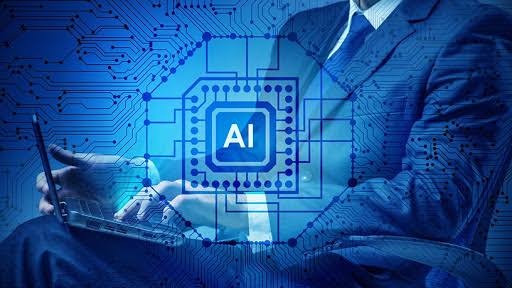
The Future of Artificial Intelligence: Opportunities, Challenges, and Ethical Considerations
By Adedayo Oyetoke, Published on: May 17th 2023 4 min, 663 word Views: 1017
Artificial intelligence (AI) is no longer just a buzzword - it's a rapidly evolving field that is poised to transform the way we live and work in the coming years. From self-driving cars to virtual assistants, AI is already changing the world around us, and its potential applications are virtually limitless. But with great power comes great responsibility, and as AI continues to evolve, it also presents a number of challenges and ethical considerations that must be carefully considered and addressed.
In this blog post, we will explore the future of artificial intelligence and the opportunities, challenges, and ethical considerations that come with it. We will discuss the potential for increased automation, improved decision-making, more personalized experiences, advancements in natural language processing, increased use in cybersecurity, and continued ethical and social challenges. We will also examine the importance of addressing these challenges and ensuring that AI is used in a responsible and ethical manner.
Increased Automation: The Good and the Bad
One of the most exciting opportunities of AI is its potential to revolutionize the way we work. By automating routine tasks and augmenting human decision-making, AI has the potential to increase productivity, reduce costs, and improve the quality of work across a wide range of industries. For example, in healthcare, AI can be used to analyze medical images and help doctors make more accurate diagnoses. In finance, AI can be used to detect fraud and identify investment opportunities. And in manufacturing, AI can be used to optimize production processes and reduce waste.
However, increased automation also presents a number of challenges and risks that must be carefully considered and addressed. As AI becomes more advanced, it has the potential to automate many jobs that are currently performed by humans, which could lead to widespread unemployment and economic disruption. To address this challenge, it will be important to develop new training and education programs that prepare workers for the jobs of the future.
Improved Decision-Making: The Power of AI
Another opportunity of AI is its potential to improve our quality of life. By automating tasks and providing personalized recommendations, AI can help us save time and make better decisions. For example, virtual assistants like Siri and Alexa can help us manage our schedules, order groceries, and control our smart homes. And in education, AI can be used to personalize learning and provide students with tailored feedback and support.
Advancements in Natural Language Processing: The Future of Communication
As NLP technology improves, we are likely to see more advanced virtual assistants and chatbots that can interact with humans in more natural and intuitive ways. This could lead to more personalized experiences and more efficient communication across a wide range of industries.
Increased Use of AI in Cybersecurity: Protecting Sensitive Information
AI has the potential to revolutionize the field of cybersecurity by detecting and responding to threats in real-time. As cyber threats become more sophisticated, AI will play an increasingly important role in protecting sensitive information and keeping people safe.
Continued Ethical and Social Challenges: Addressing Bias and Privacy Concerns
Despite its many opportunities, AI also presents a number of challenges and risks that must be carefully considered and addressed. These challenges include issues related to bias, privacy, and the impact of AI on employment and society as a whole. To address these challenges, it will be important to develop new methods for ensuring that AI systems are fair and unbiased, and to establish ethical frameworks and regulations that ensure that AI is used in a responsible and ethical manner.
In conclusion, the future of artificial intelligence is both exciting and challenging. As AI continues to evolve and become more sophisticated, it has the potential to transform the way we live and work in ways that we can only imagine. However, to realize this potential, it will be important to carefully consider and address the challenges and risks of AI, and to develop new ethical frameworks and regulations that ensure that AI is used in a responsible and ethical manner.
